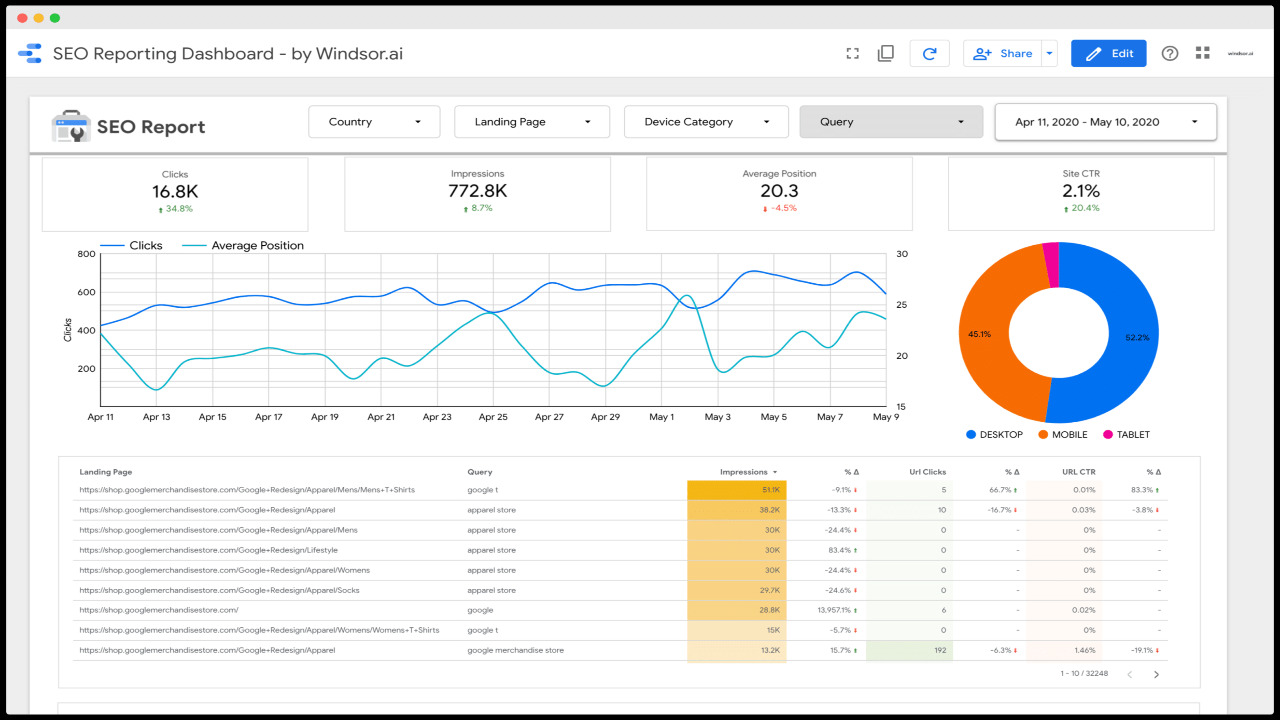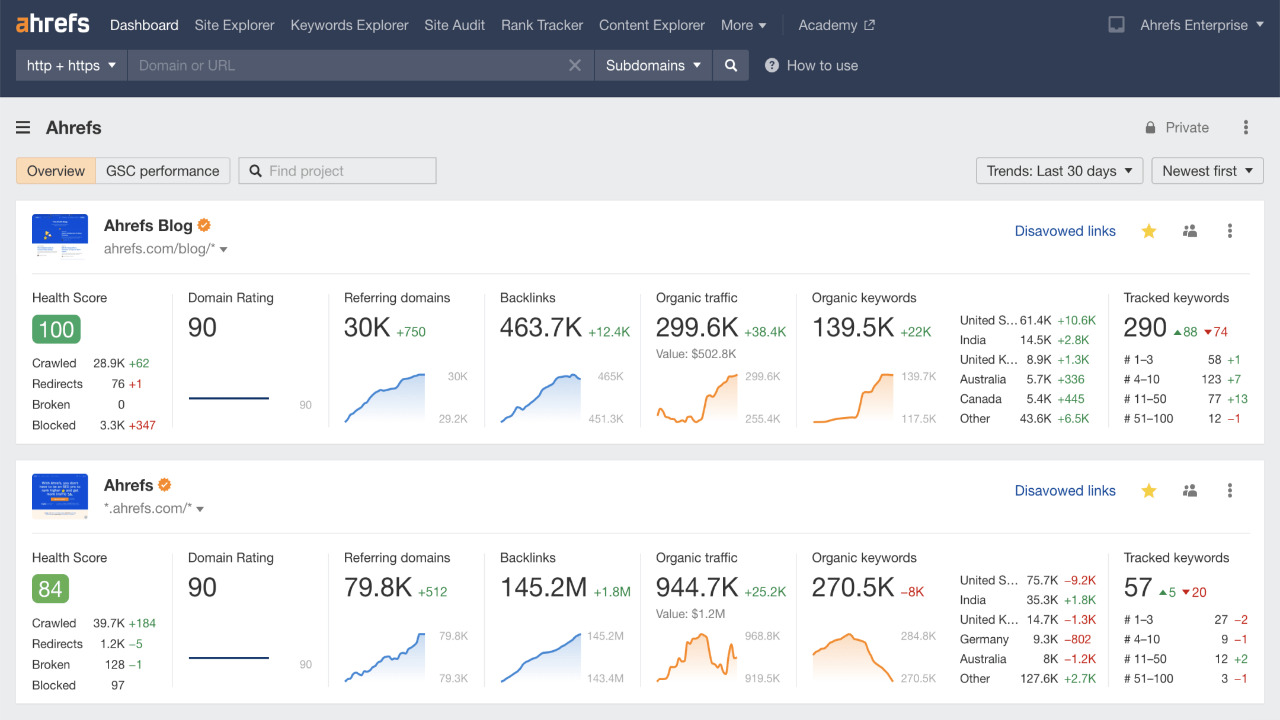Search Engine Optimization (SEO) is a critical component of digital marketing, and measuring your SEO performance is essential to determine the effectiveness of your strategies. In this article, we will discuss the key SEO metrics that you should monitor and analyze to measure your SEO performance and improve your website’s ranking on search engines.
Why SEO Metrics Matter

SEO metrics provide valuable insights into your website’s performance and the effectiveness of your SEO and SEM strategies. By monitoring and analyzing these metrics, you can identify areas for improvement and make data-driven decisions to optimize your website’s content and improve its visibility on search engines.
Key SEO Metrics to Measure

a. Organic Traffic
Organic traffic refers to the number of visitors who land on your website through organic search results. Monitoring your organic traffic is essential to determine whether your SEO strategies are driving more traffic to your website.
b. Keyword Rankings
Keyword rankings refer to the position of your website on search engine result pages (SERPs) for specific keywords. Monitoring your keyword rankings is crucial to determine whether your website is ranking for relevant keywords and whether your SEO strategies are effective.
c. Backlinks
Backlinks are links from other websites to your website, and they are a critical factor in SEO. Monitoring your backlinks is essential to determine the quality and quantity of backlinks pointing to your website, which can significantly impact your website’s authority and ranking on search engines.
d. Click-Through Rate (CTR)
CTR refers to the percentage of users who click on your website’s link on search engine result pages (SERPs) after searching for specific keywords. Monitoring your CTR is essential to determine the effectiveness of your website’s meta titles and descriptions and whether they are compelling enough to attract clicks from potential customers.
e. Bounce Rate
Bounce rate refers to the percentage of users who leave your website after viewing only one page. Monitoring your bounce rate is essential to determine whether your website’s content is engaging and whether users are finding the information they need.
f. Conversion Rate
Conversion rate refers to the percentage of users who complete a specific action on your website, such as making a purchase or filling out a contact form. Monitoring your conversion rate is essential to determine the effectiveness of your website’s content and whether it is compelling enough to convert visitors into customers.
How to Monitor and Analyze SEO Metrics

To monitor and analyze your SEO metrics, you can use various tools such as Google Analytics, Ahrefs, SEMrush, and Moz. These tools provide valuable insights into your website’s performance and allow you to track your progress over time.
Using SEO Metrics to Improve Your SEO Performance

Once you have identified areas for improvement through monitoring and analyzing your SEO metrics, you can make data-driven decisions to optimize your website’s content and improve its visibility on search engines. For example, if your organic traffic is low, you can conduct keyword research and optimize your website’s content for relevant keywords to attract more organic traffic to your website.
Conclusion
SEO metrics provide valuable insights into your website’s performance and the effectiveness of your SEO strategies. By monitoring and analyzing these metrics, you can identify areas for improvement and make data-driven decisions to optimize your website’s content and improve its visibility on search engines. By measuring your organic traffic, keyword rankings, backlinks, CTR, bounce rate, and conversion rate, you can improve your website’s ranking on search engines and

